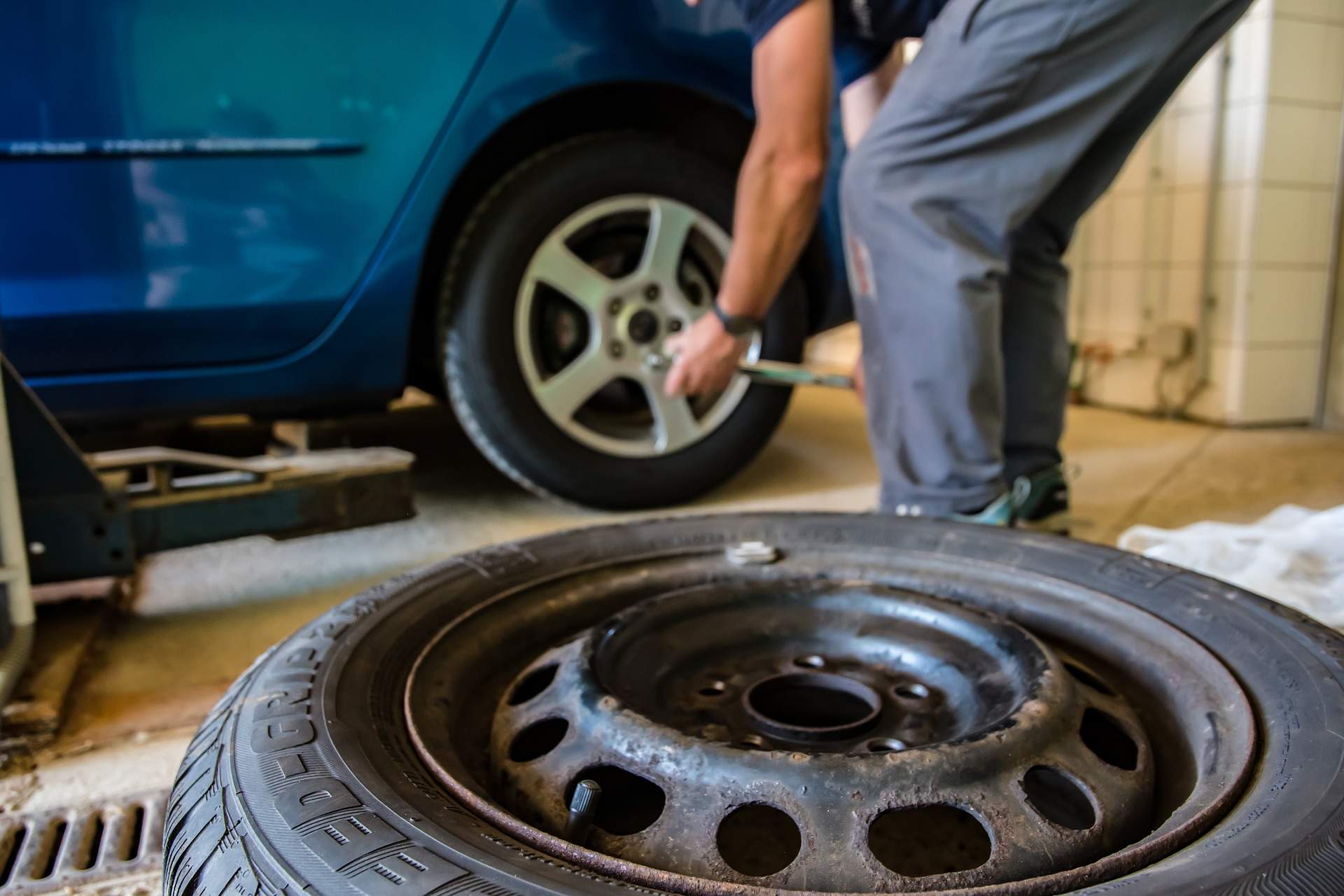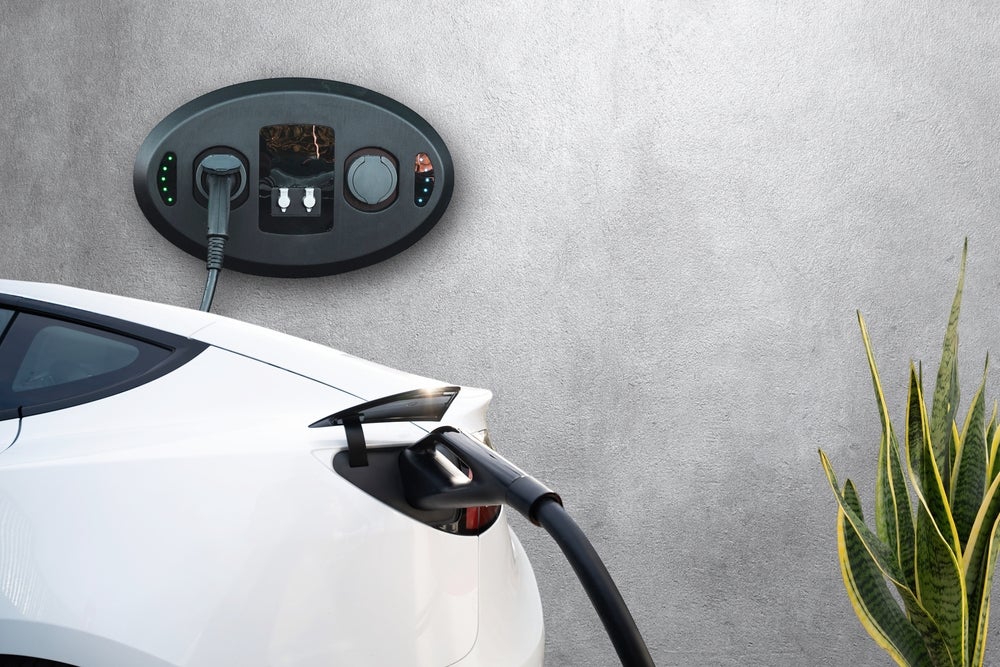
Tyres fitted to electric vehicles (EVs) are lasting, on average, 6,350 fewer miles than those fitted to petrol or diesel cars, new fleet data from epyx suggests.
The first tyre change for electric cars takes place at an average of 17,985 miles and 551 days old, compared to 24,641 miles and 585 days for hybrids, and 24,335 and 670 days for petrol and diesel cars.

The data is taken from epyx’s 1link Service Network platform, which is used by car and van fleets to manage and process SMR (service maintenance and repair).
Previous information released by the company in March also suggested that EV tyres are both bigger and more expensive than petrol or diesel equivalents. The average replacement tyre fitted to an EV was 18.59 inches and cost £207 while, for petrol and diesel cars, the corresponding figures were 17.40 inches and £130.
Tim Meadows, chief commercial officer at epyx, said: “We’ve explained before that our data in this area needs to be approached with a degree of caution because of the samples involved. Most EVs operated by fleets tend to be at least the size of a family hatchback with comparatively few smaller vehicles yet available, so the electric cars on our platform tend to skew towards larger models.
“However, even bearing that in mind, both the new data and the figures we have released previously do seem to suggest that EV tyres are wearing faster and are more expensive to replace. There is no denying that 6,350 miles and £77 are quite significant gaps, and EV tyres are undoubtedly costing fleets more money in real-world terms at the moment.”
How well do you really know your competitors?
Access the most comprehensive Company Profiles on the market, powered by GlobalData. Save hours of research. Gain competitive edge.

Thank you!
Your download email will arrive shortly
Not ready to buy yet? Download a free sample
We are confident about the unique quality of our Company Profiles. However, we want you to make the most beneficial decision for your business, so we offer a free sample that you can download by submitting the below form
By GlobalDataThe wider question, Tim said, was whether this was an inherent characteristic of EVs or just a reflection of the types of EVs being operated by fleets.
There are conflicting arguments being made in the fleet sector at the moment, with some believing that the weight of EVs and the tyres being specified for them will inevitably mean faster wear, while others are saying that the picture is similar to petrol and diesel cars.
EV buyers consider switch to petrol and diesel as result of 2035 ICE ban shift







